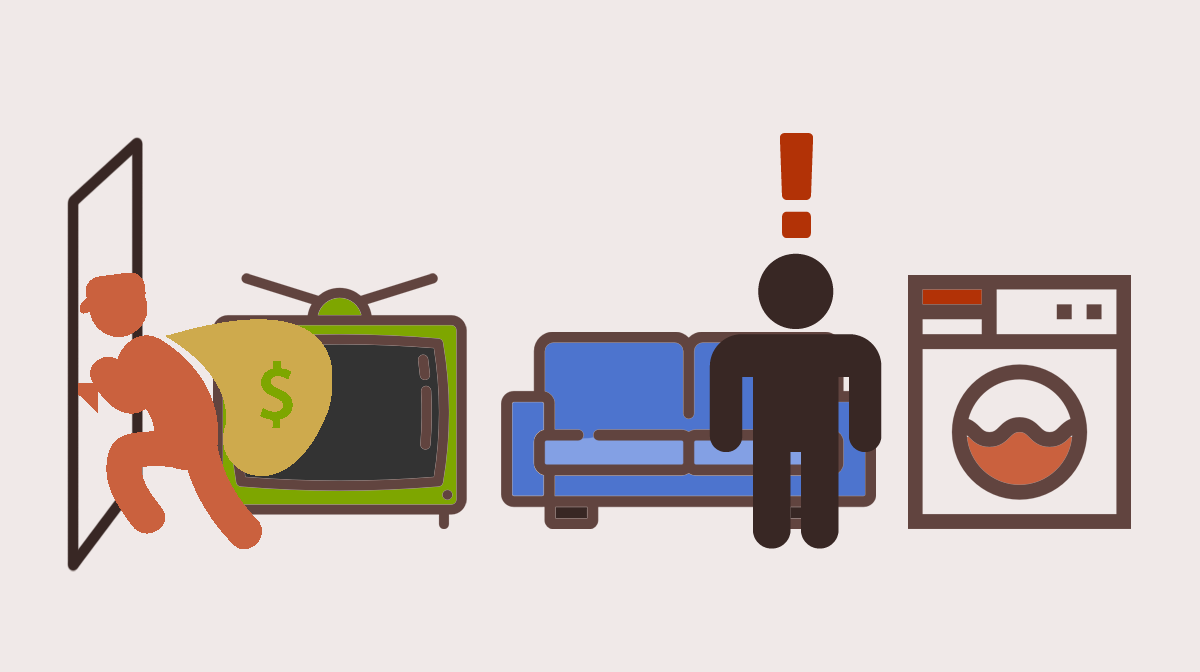While the huge number of new of apartments downtown is going to lead to fewer competing applications for the same apartments this year, competition will still exist in trendy neighborhoods outside of the central business district. Some renters think that landlords make knee-jerk decisions on which applicants to choose for apartments based on very simple differences such as who offers more money, who wants to stay longer, or who wants to move in first. Others may think landlords choose their tenants based on illegal data such as race, age or occupation.
The purely financial differences, when they exist, do make it easier to decide between applicants. The latter differences, which are must be excluded from a landlord's choice per fair housing law, can actually make it much more difficult to decide. The fear of lawsuits (and it is usually the fear of a lawsuit rather than any legitimate support of fair housing practices) may cause landlords to ignore details that would otherwise be critical red flags for high risk renters. Frequently though, the choice depends on neither financial nor protected factors.
To shed a little light on the thought processes a landlord might go through in choosing between multiple applicants, today we have for you four different scenarios. In each scenario you will have two applicants to choose from. Let us know in the comments (either here or on Facebook) which ones you would choose if you were the landlord - there is no right or wrong answer, and in fact the real right answer might be to reject both applicants and wait for someone else.
For all scenarios, assume all factors other than the ones stated are equal. Just to make things more interesting we have included some extra details about some applicants to make things a little more realistic.
Scenario 1: Cramped Quarters
The apartment: Vintage 2 bedroom/1 bath in Avondale. 2nd floor walkup. $1500.
Application #1: Single mother with 4 children ages 2 to 10. Monthly income: $4500. Credit score: 690.
Application #2: Self-employed single web developer, works from home. Monthly income: ranges from $0 - $15,000. Credit score: 700. Continue reading Which Tenant Would You Choose?





